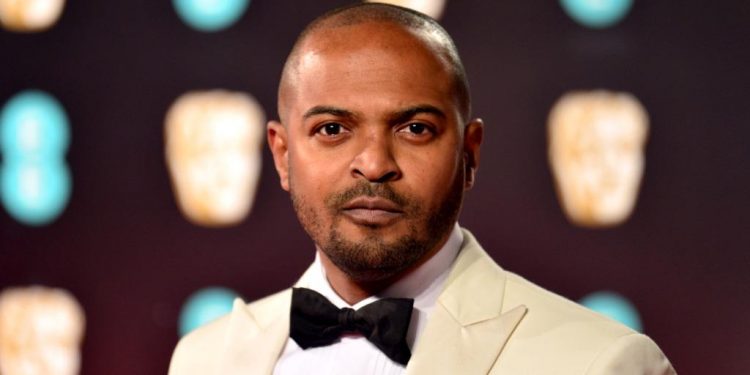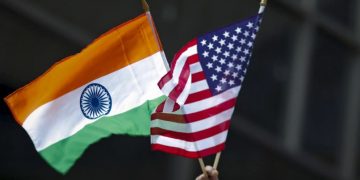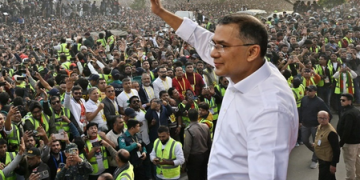England had its #MeToo moment when a court recently dismissed the libel claim of actor Noel Clarke accused of inappropriate sexual behaviour against his junior colleagues and actors, and held him guilty of the charges levelled against him. The case did not simply concern one offender as the powerful entertainment industry was put on the dock for its complicity of silence while the victims had moved from pillar to post till leading British daily “The Guardian” took up the matter. The verdict is also a triumph of investigative journalism in the UK, which sends a message of hope across the globe at a time when a large section of the media in different countries is kowtowing before the powers that be.
In fact, the judgment of Mrs Justice Steyn is about power and complicity as well as the failure to protect vulnerable people.
In her verdict, she agreed with the justification of the campaign run by the daily to champion the cause of hapless victims. The reporters did a commendable job of piecing together the accounts of several victims taking utmost care to base their stories on authentic documents. The judge ruled that there were “strong grounds to believe that (Clarke) is a serial abuser of women.” The court heard testimony from 26 witnesses before concluding that Clarke had engaged in harassment, bullying and abuse of power over many years. To be fair, the judge accepted some of his evidence but found him to be neither credible nor reliable.
The journalists, on the other hand, meticulously collected facts, spoke to the victims, drew them out of their shells and gave Clarke a reasonable opportunity to respond as well as fairly presenting his denials. Full credit goes to the women who spoke up, broke their silence and enabled the media to expose the wrongdoing that is almost endemic in the entertainment industry across the globe. This is borne out by the fact that Clarke was not just another actor, and he was being honoured by the British Film Academy, BAFTA for his “outstanding British contribution to cinema” even as serious allegations began to circulate. The deeper indictment is therefore of an industry that turned a blind eye to the rampant phenomenon known as “casting couch” which is a euphemism for sexually exploiting women aspiring for stardom. Clarke was rewarded and celebrated while women, who spoke out, risked their careers. The structures of power that enabled him – and the colleagues who were too ready to pretend as if nothing had happened – are the same factors that help abusers thrive in society with impunity. Clarke prospered in this cultural climate. It is this culture that needed #MeToo before the voices of the women being persecuted silently, with the help of a cynical and colluding industry, could be heard. When politicians and business tycoons get involved in this web of murky, sexual racket, as is being revealed in the US and elsewhere, the hapless victims become doomed.
On the other hand, unfortunately, the list of young British girls raped by mostly Pakistani grooming gangs in the UK is yet to get due attention either by the media or by the justice system. After the damning report by Baroness Louise Casey criticising decades of institutional failure to protect children from so-called “grooming gangs,” the Labour Party, headed by Prime Minister Kier Starmer, has agreed for a probe into the matter. The Casey report points to grave failure by successive governments to protect children from organised sexual abuse for decades.
But the fact that now the UK government has agreed for an independent investigation, whether it be because of the sheer scale of the scandal or because it gained international attention due to Elon Musk constantly drawing attention to the subject on X and criticising the Starmer administration over its failure to act, a probe is underway and hopefully will bring justice to the victims and their families. An unbiased probe may also deter such crimes in future as the system sheds its race, power and gender based bias.






































